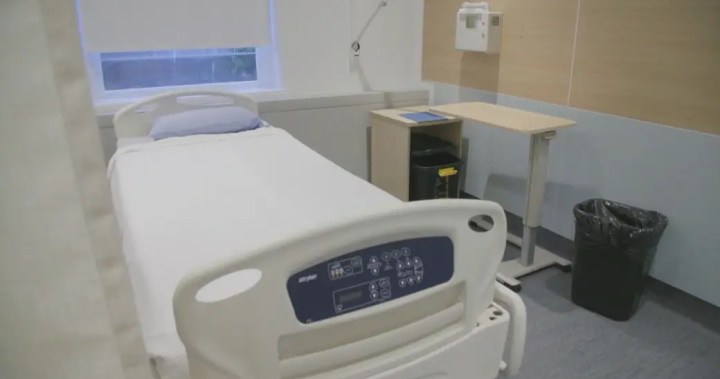British Columbia is advancing a significant expansion of its mental health and addiction services by establishing the province’s first highly secure involuntary treatment centres. Targeting individuals with severe addictions, mental health disorders, and brain injuries, this initiative marks a strategic shift aimed at providing long-term, controlled care. The government plans to open facilities at Surrey Pretrial Services Centre and Monarch Homes in Maple Ridge, accompanied by an increase of over 400 mental health beds across the province. This move responds to the ongoing public health emergency of overdose deaths and rising involuntary detentions under the Mental Health Act, seeking to improve care for vulnerable populations while addressing safety concerns for communities.
Overview of the New Facilities
The newly announced involuntary treatment centres will be located at two sites: the Surrey Pretrial Services Centre and Monarch Homes in Maple Ridge. These centres are designed to offer secure, long-term treatment for individuals who are struggling with severe addictions, complex mental health conditions, and brain injuries that impair their decision-making capacity. Unlike existing treatment options, these facilities will provide controlled environments where patients can receive intensive care under supervision, tailored to their specific needs.
Government’s Strategic Approach
The Government of British Columbia views this initiative as an essential part of its response to the province’s ongoing mental health and addiction crises. By introducing secure, involuntary care options, the government aims to reduce the incidence of untreated severe addiction and mental illness that often lead to emergency interventions or involvement with the criminal justice system. This approach also attempts to mitigate community safety risks associated with individuals who may be unable or unwilling to seek voluntary treatment.
Expansion of Mental Health Services
In addition to the new secure centres, the government plans to expand overall capacity by adding more than 400 mental health beds throughout British Columbia. This increase is intended to enhance access to mental health care across the province, facilitating earlier intervention and more comprehensive support. The expanded bed capacity will support individuals experiencing acute mental health episodes, contributing to a continuum of care from initial treatment to long-term recovery assistance.
Context of the Mental Health Crisis
British Columbia continues to face a public health emergency characterized by rising overdose deaths and increased use of involuntary detentions under the Mental Health Act. According to recent statistics, overdose-related fatalities remain at historically high levels despite ongoing efforts to curb substance misuse. The number of involuntary detentions has also escalated, reflecting a growing need for structured care facilities capable of managing complex cases.
Expert and Community Perspectives
Health professionals and advocacy groups have expressed cautious optimism regarding the new treatment centres. Experts emphasize the potential benefits of specialized, secure care environments for individuals who are often underserved by conventional health services. At the same time, community stakeholders underscore the importance of integrating these centres within a broader system of support, including outpatient services and harm reduction programs, to ensure holistic and sustained recovery outcomes.
Implementation Timeline and Next Steps
The provincial government has indicated that these facilities will begin operations within the coming year, subject to regulatory approvals and final preparations. Continuing investments in staff training, infrastructure, and support services will accompany the launch to ensure the centres operate effectively and safely. Officials also commit to ongoing monitoring and public reporting on the outcomes of the initiative to adapt and improve strategies over time.
Conclusion
British Columbia’s introduction of its first secure involuntary addiction treatment centres represents a significant policy development in addressing the province’s mental health and addiction challenges. By expanding treatment capacity and focusing on high-need populations, the government aims to improve patient care, enhance public safety, and reduce the overall burden of the ongoing health crisis. Continued collaboration among healthcare providers, community organizations, and government agencies will be vital to the success of this initiative.
British Columbia’s introduction of its first secure involuntary addiction treatment centres represents a significant policy development in addressing the province’s mental health and addiction challenges. By expanding treatment capacity and focusing on high-need populations, the government aims to improve patient care, enhance public safety, and reduce the overall burden of the ongoing health crisis. Continued collaboration among healthcare providers, community organizations, and government agencies will be vital to the success of this initiative.

